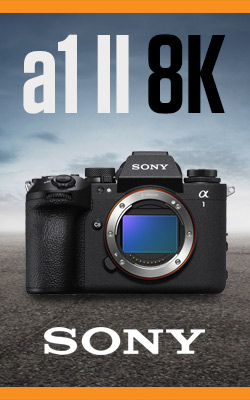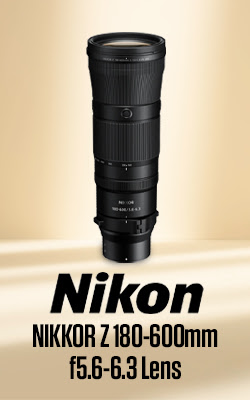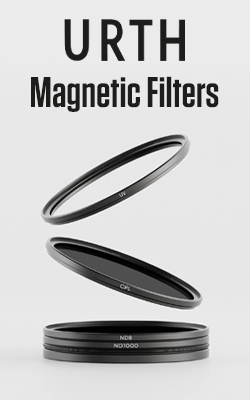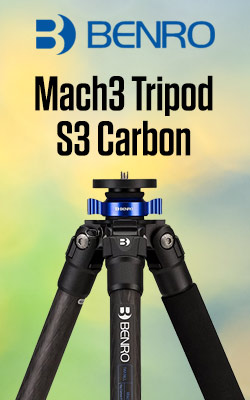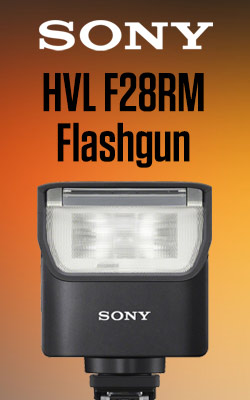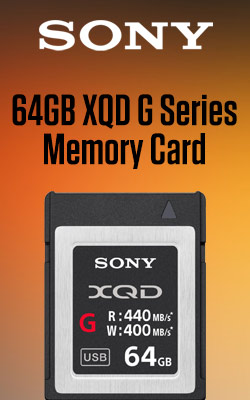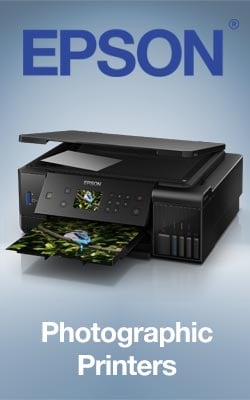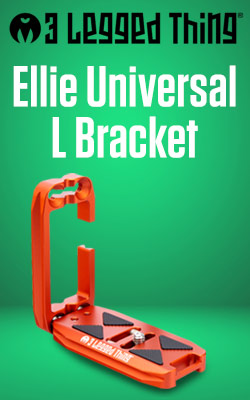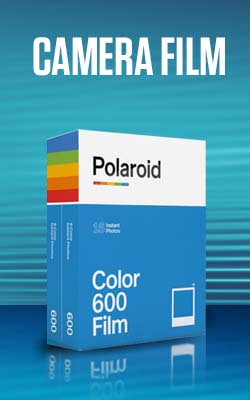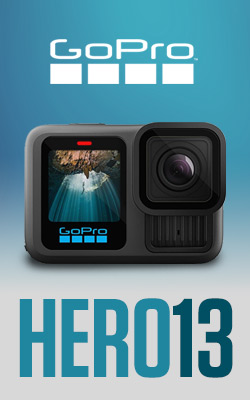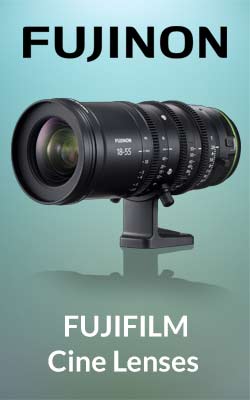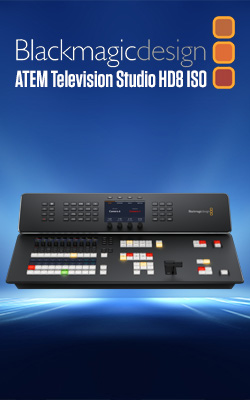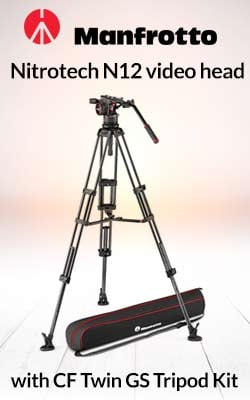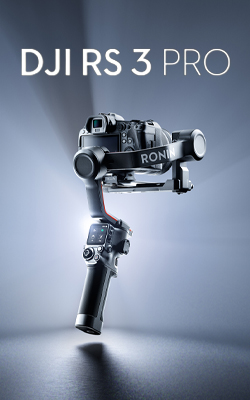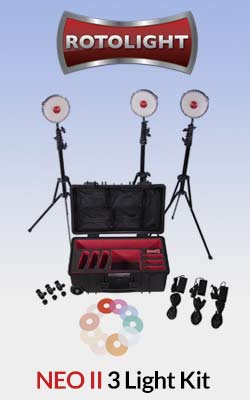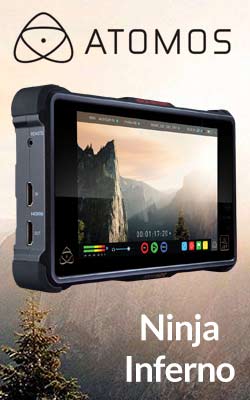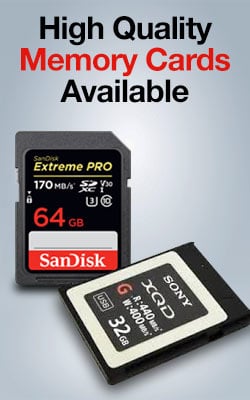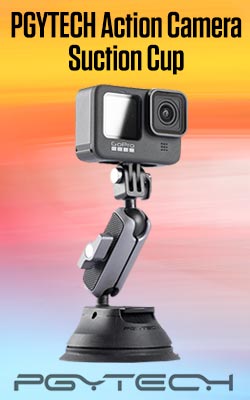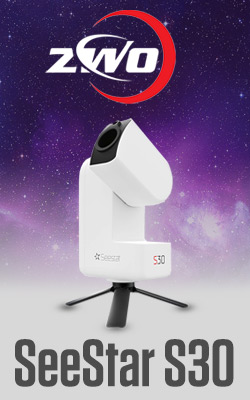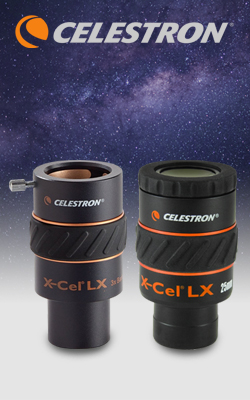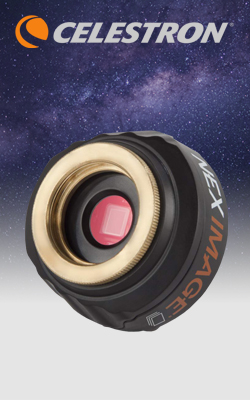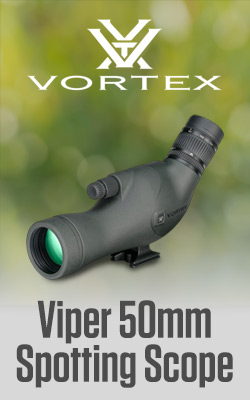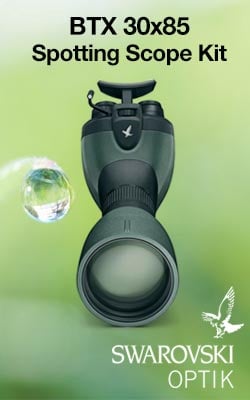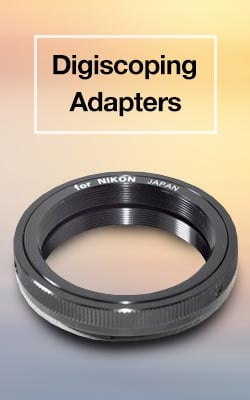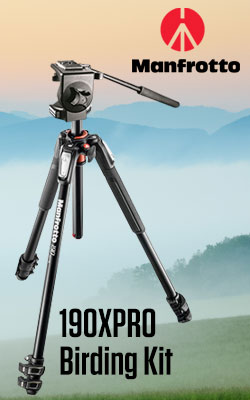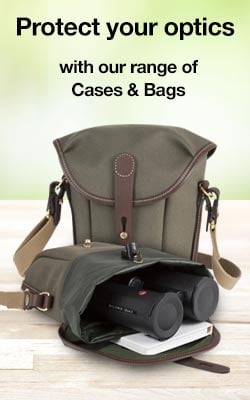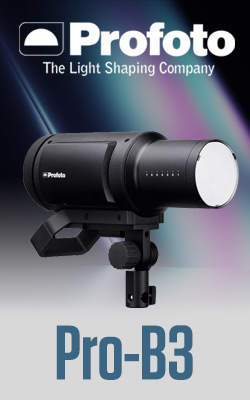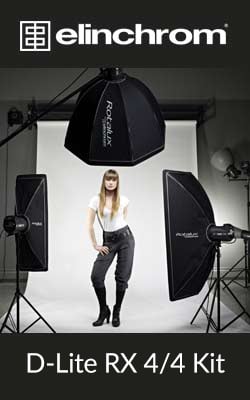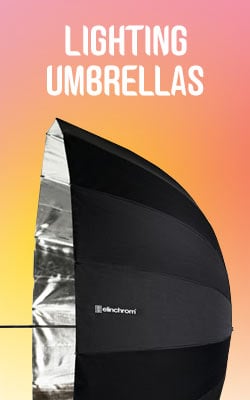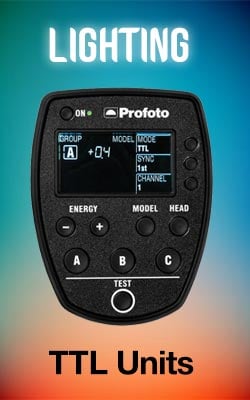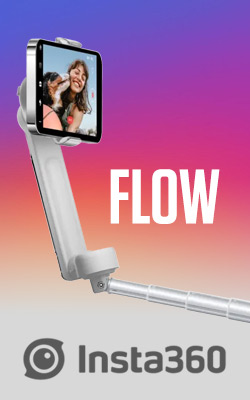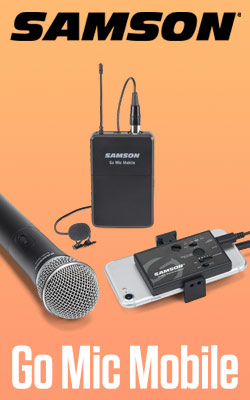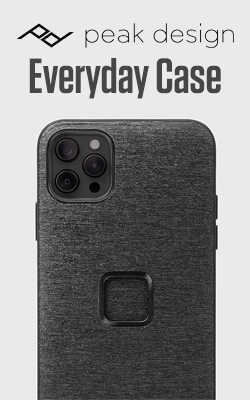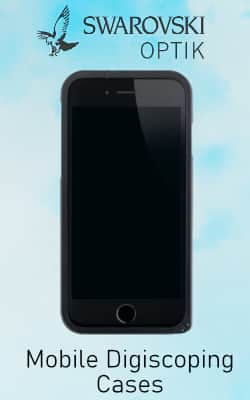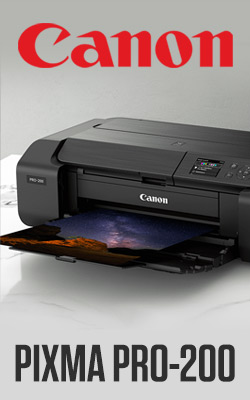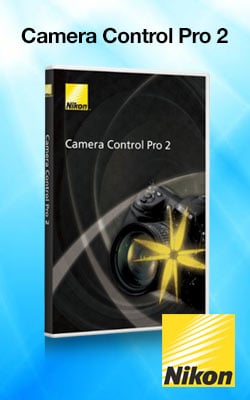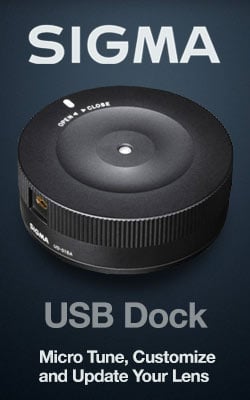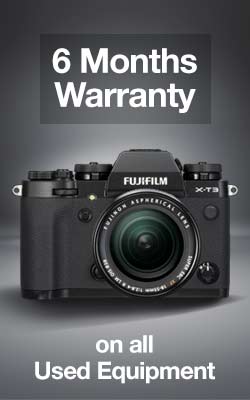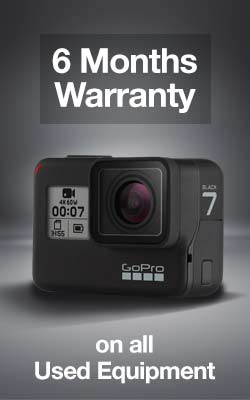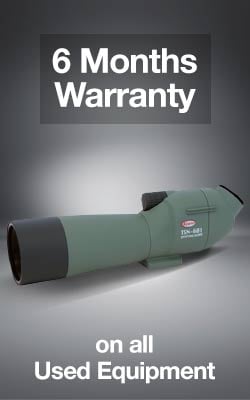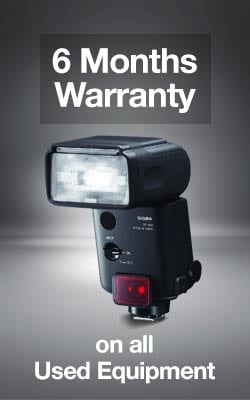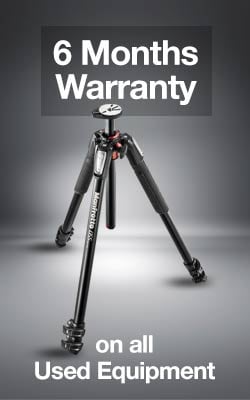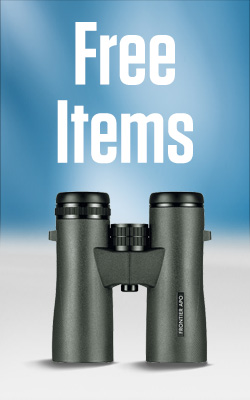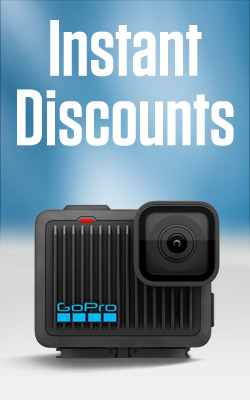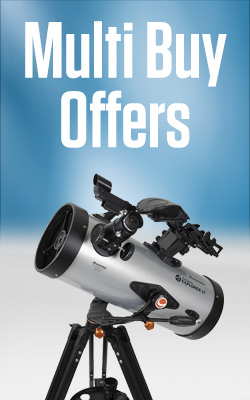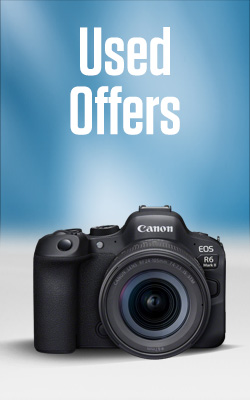Newtonian Reflector Telescopes
Browse our range of Newtonian Reflector Telescopes at Clifton Cameras. Fantastic mid-range mounts, Newtonian Reflector telescopes tend to be good at locating deeper space objects such as nebular and galaxies as well as the closer planets in our Solar System,. Some reflector telescopes such as the AstroMaster 130EQ have Equatorial Mounts that can be adjusted to follow the movement of the Earth against the sky. Or for a simpler set up look for telescopes with an Altazimuth mount such as the StarSense DX 130AZ.
For more information continue reading below, or get in contact with our team of experts today.
Our Price:
- In Stock
Newtonian Reflector Telescopes are most commonly found on mid-range telescopes. They get their name from Sir Issac Newton who first came up with the idea in 1668. Being of higher optical quality than Refractor Telescopes, they are free of chromatic aberrations due to the curvature of the glass. They are still manually controlled however some equatorial mounts have motorised counterweights that can move at the pace of the movements against the sky which is a great benefit for astrophotography.
Newtonian telescopes have many advantages that make them highly popular with amateur and enthusiast astronomers. Their construction of a single parabolic mirror that requires grinding and polishing into a complex shape is much simpler than that of Cassegrain Telescopes which makes them cheaper to construct. They also feature a short focal ratio which creates a wider field of view that is perfect for observing the great open sky. This shorter focal length combined with the eyepiece being located at the top end of the optical tube reduces their size and increases their portability.
Equatorial mounts are the more common of the two mounts that are typically found on Newtonian Telescopes. They are distinguished by their counterweights which allow the telescope to move in line with the curvature of the earth. This design is advantageous for tracking objects as they move across the sky such as the Moon in orbit, or a moving comet. More expensive Equatorial Mounts have motors within them which, whilst they are still manually controlled, will automatically move with the earth. These mounts are excellent for astrophotographers looking to take pin-point sharp stars rather than star trails. Telescopes with an Equatorial Mount include the AstroMaster 130EQ and AstroMaster 114EQ.
Altazimuth mounts are simpler mounts also found on Reflector Telescopes. They work by providing manual movement across the telescope's altitude (up & down) and azimuth (left & right). They work very similarly to a camera tripod’s pan & tilt head. Due to their simpler design, they are generally cheaper than equatorial mounts. These mounts are a great choice for beginner astronomers. Check out the StarSense DX 130AZ, 114LCM Computerised Telescope and for an excellent introductory telescope, the Celestron FirstScope.
Not sure which Newtonian Reflector Telescope is best for you? Talk to one of our friendly experts today and discuss your astronomy requirements.


